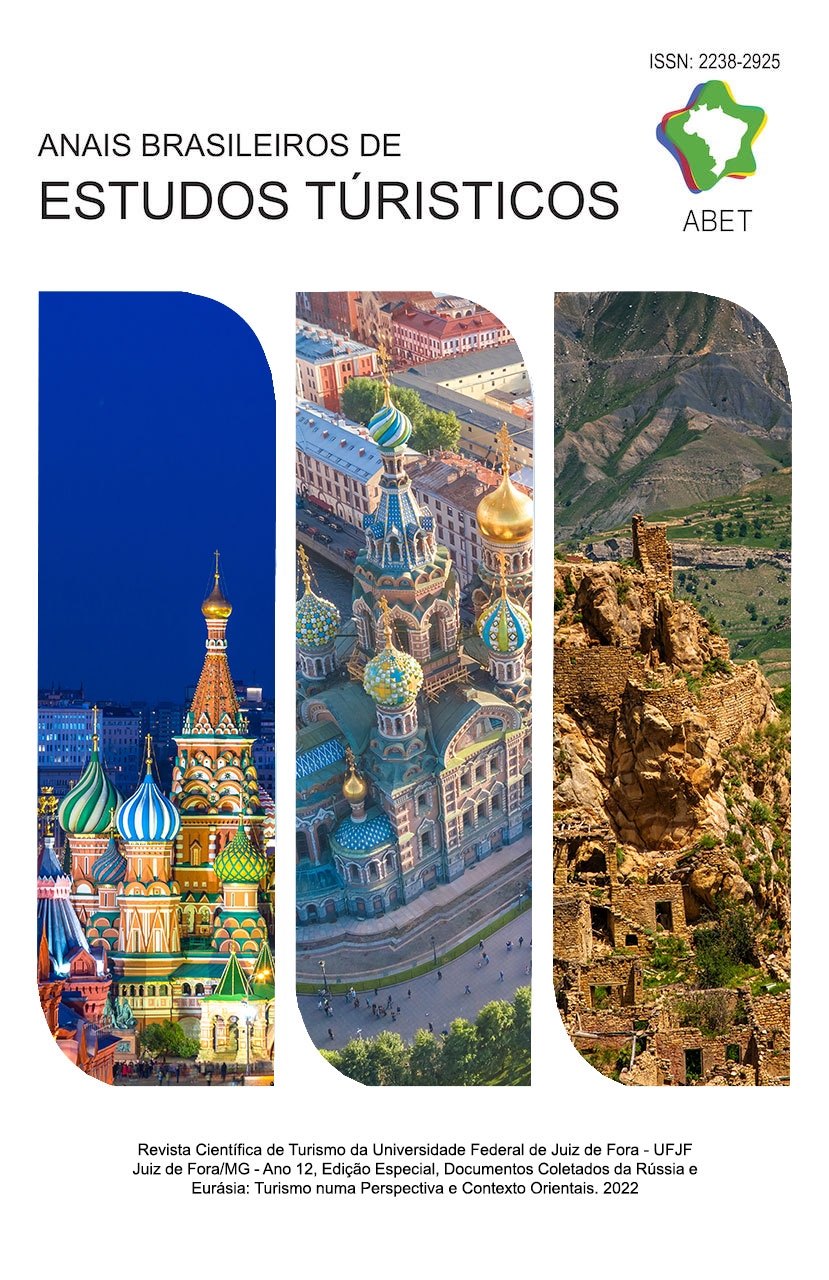Perfecting Approaches to Personnel Recruitment in the Hospitality Industry
DOI:
https://doi.org/10.5281/zenodo.7487499Keywords:
Recruitment, Hotel business, Management, Innovation, Hotel productAbstract
The purpose of the article is to develop a recommendation system for hospitality enterprises using non-traditional forms of recruitment. The dynamism of changes in the environment is found to necessitate the use of innovative approaches based on the real needs and opportunities of modern hospitality industry enterprises. It is confirmed that the effectiveness of personnel recruitment depends on the mastery of up-to-date methods. It is established that implementing the totality of the proposed modern human resource management technologies will contribute to increased personnel productivity and efficiency of hotel enterprises. The introduction and implementation of innovative technologies of personnel management are found to bring changes to other resource areas – in the nature of the hotel product, in the way relationships with the key customers are constructed, and in the economy of the hotel enterprise as a whole in a digitalized environment.
Downloads
Downloads
Published
How to Cite
Issue
Section
License
Copyright (c) 2022 Anais Brasileiros de Estudos Turísticos

This work is licensed under a Creative Commons Attribution 4.0 International License.
This journal provides immediate open access to its content, following the principle that providing free scientific knowledge to the public provides greater democratization of world knowledge.
Authors must agree to the following terms relating to copyrights:
(a) Authors keep all copyright and grant the to the journal the right of first publication, with the work simultaneously licensed under the Creative Commons Attribution License that allowing job sharing with recognition of authorship of the work and initial publication in this journal.
(b) Authors are allowed to assume additional contracts separately, for non-exclusive distribution of the version of the work published in this journal (e.g. publish in institutional repository or book chapter), with recognition of authorship and initial publication in this magazine.
(c) Authors are allowed and are encouraged to publish and distribute their work online (e.g. in institutional repositories or on your personal page) since they do not do this before or during the editorial process, as this can generate productive interchange, as well as increase the impact and citation of work aired. (See Effect of Free Access).















